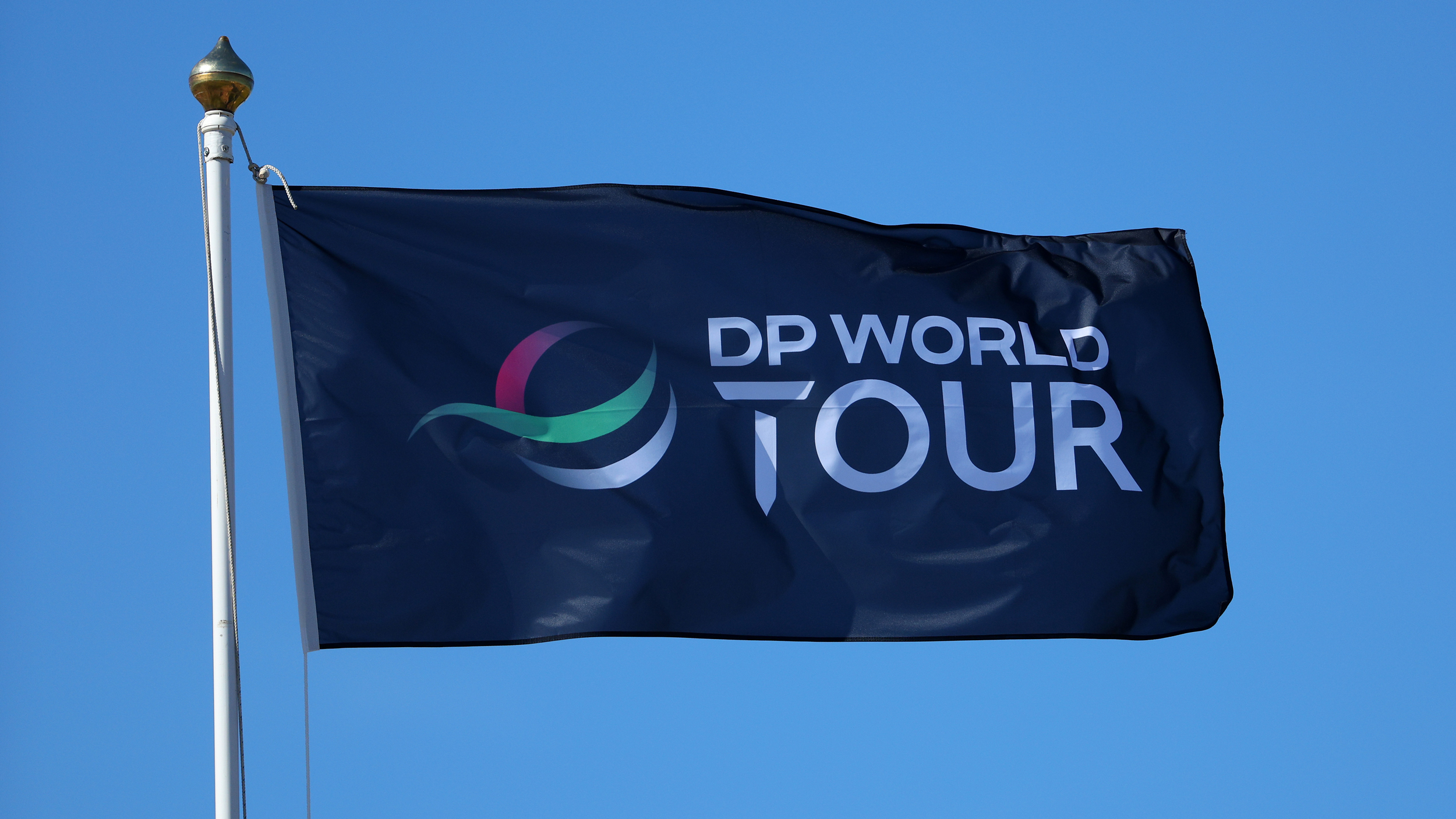
The DP World Tour has confirmed that fines and suspensions have been issued to 26 players for going against conflicting event releases and playing in LIV Golf and LIV-backed Asian Tour events.
The fines are on a case-by-case basis and range from £25,000-£100,000 for each individual breach, the DP World Tour says, with the suspensions reaching a maximum of eight tournaments and starting with June's Porsche European Open.
The players were informed of their fines and suspensions today, and they each received their own sanctions based on "the impact on the DP World Tour’s broadcast partners, sponsors and stakeholders" of each event they skipped to play in a LIV Golf event instead.
The DP World Tour says that players who have resigned their memberships - i.e Ian Poulter, Lee Westwood, Sergio Garcia and Richard Bland - cannot be reinstated until they pay their fines.
It seems likely that we will see further DP World Tour resignations by LIV Golf players, with The Telegraph's James Corrigan reporting that Charl Schwartzel and Branden Grace were "on the brink" of handing in their tour cards.
Plenty more DP World Tour players may opt to do the same instead of face further fines for continuing to play in the LIV Golf League.
The fines and suspensions issued to the 26 LIV golfers apply to events played from June 2022, when LIV's first event took place, up until the panel hearing result was released in early April. Further fines and suspensions "will be considered in due course" for players who have continued to breach denied release requests.
The European-based circuit is allowed to issue the fines and suspensions after winning February's Sport Resolutions arbitration panel hearing, which related to members disputing £100,000 fines and bans at tournaments including the Scottish Open for breaching their denied releases and playing in the first two LIV events at Centurion near London, England and Pumpkin Ridge in Oregon, USA.
Sports Resolutions found that the tour acted "entirely reasonably in refusing releases’ and that its Conflicting Tournament Regulation was ‘reasonable and proportionate to the Tour’s continued operation as a professional golf tour’.







